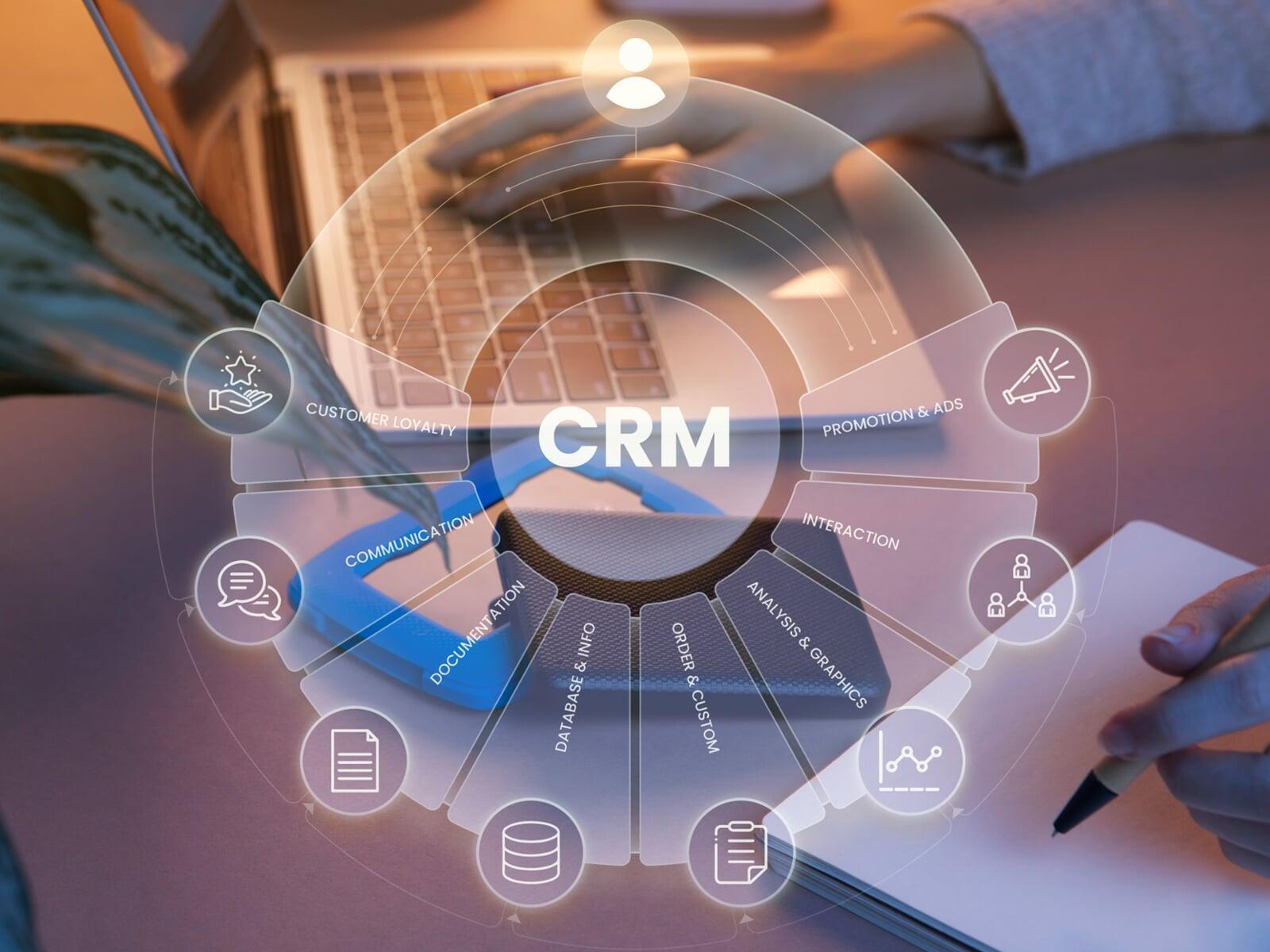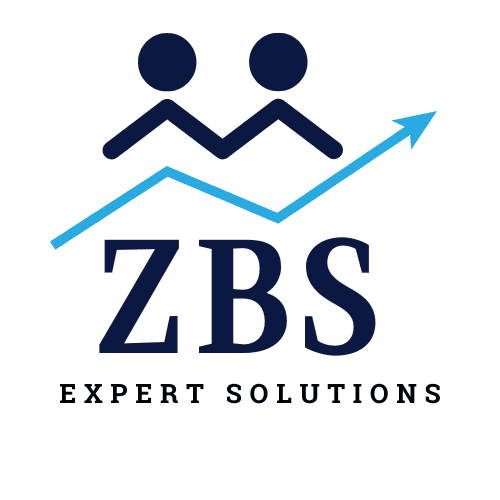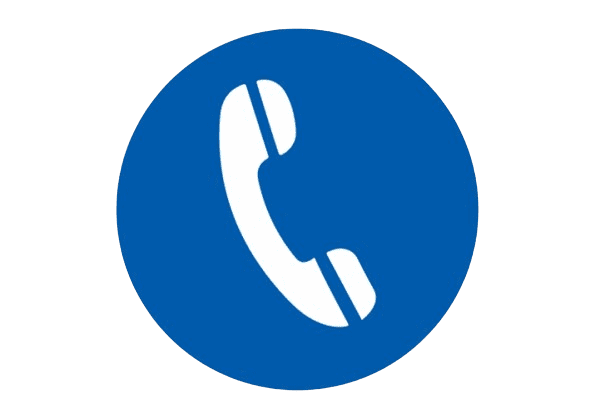
In today’s fast-paced digital landscape, businesses are constantly seeking innovative ways to enhance customer interactions and build lasting relationships. Customer Relationship Management (CRM) has evolved significantly over the years, and in 2025, SaaS solutions are at the forefront of this transformation. With cloud-based technologies, AI-driven insights, and automation, SaaS for small business is making CRM more efficient, scalable, and accessible than ever before.
The Rise of SaaS in Customer Relationship Management
Traditional CRM systems often required hefty upfront investments, ongoing maintenance, and extensive IT support. However, SaaS solutions have revolutionized CRM by offering cost-effective, cloud-based platforms that enable businesses of all sizes to optimize their customer engagement strategies. The flexibility and scalability of SaaS-driven CRM allow organizations to adapt to changing market trends without incurring massive infrastructure costs.
Key Advantages of SaaS CRM Solutions:
- Accessibility: Cloud-based CRM systems allow businesses to manage customer relationships from anywhere, ensuring seamless operations for remote and hybrid teams.
- Scalability: Whether you’re a startup or an enterprise, SaaS CRM grows with your business needs without requiring costly system overhauls.
- Automated Workflows: AI-powered automation streamlines repetitive tasks, freeing up teams to focus on strategic customer interactions.
- Data-Driven Decision Making: Advanced analytics help businesses understand customer behavior, preferences, and trends for personalized engagement.
How SaaS CRM is Driving Customer Engagement in 2025
1. AI-Powered Personalization
Customers expect tailored experiences, and AI-driven customer relationship management solutions are making that a reality. In 2025, CRM platforms leverage machine learning to analyze customer interactions, predict needs, and recommend personalized solutions. SaaS CRM tools can suggest products, customize email marketing campaigns, and provide dynamic content based on user behavior.
2. Omnichannel Customer Interaction
With customers engaging across multiple touchpoints—including social media, email, live chat, and phone—businesses must ensure a seamless experience across all channels. SaaS solutions integrate these touchpoints into a single CRM dashboard, enabling businesses to track interactions, respond in real-time, and maintain consistency in customer communication.
3. Automation for Enhanced Efficiency
CRM automation has become a game-changer for businesses, helping them streamline sales and marketing processes. In 2025, SaaS for small business CRM solutions automate lead tracking, follow-ups, and customer support responses, ensuring that no potential client or query is overlooked. This improves efficiency while enhancing the overall customer experience.
4. Predictive Analytics for Better Decision Making
With the power of AI and big data, SaaS CRM platforms provide predictive analytics that help businesses anticipate customer needs. By analyzing past purchase patterns, engagement rates, and browsing behaviors, businesses can proactively address concerns, recommend relevant products, and enhance customer satisfaction.
5. Self-Service and AI Chatbots
Modern customers prefer self-service options for quick problem resolution. SaaS CRM solutions now include AI chatbots and self-service portals, allowing customers to find answers, track orders, and resolve issues without waiting for human assistance. This not only reduces support costs but also enhances customer satisfaction.
6. Integration with Other Business Tools
For a holistic customer management approach, SaaS solutions integrate seamlessly with other business tools such as accounting software, e-commerce platforms, and marketing automation systems. This ensures a unified workflow, eliminating data silos and improving business operations.
Choosing the Right SaaS CRM for Your Business :
With the growing number of CRM platforms available, selecting the right solution for your business is crucial. Here are some key considerations:
- User-Friendly Interface: A CRM platform should be easy to navigate and use.
- Customization & Flexibility: The ability to tailor the CRM to your specific business needs.
- Scalability: A system that grows with your business without significant additional costs.
- Security & Compliance: Ensure that the CRM platform complies with industry standards for data security and privacy.
- Customer Support & Training: Reliable customer support and resources to help your team maximize the CRM’s potential.
Conclusion
As we move further into 2025, customer relationship management is becoming more intelligent, intuitive, and impactful, thanks to SaaS solutions. From AI-driven personalization to omnichannel communication and automation, SaaS for small business is redefining customer engagement strategies. Businesses that embrace these innovations will not only improve customer satisfaction but also gain a competitive edge in an increasingly digital marketplace. By leveraging the power of SaaS CRM, businesses can create seamless, data-driven, and personalized customer experiences—ensuring growth and long-term success in the evolving business landscape.




